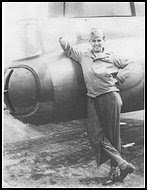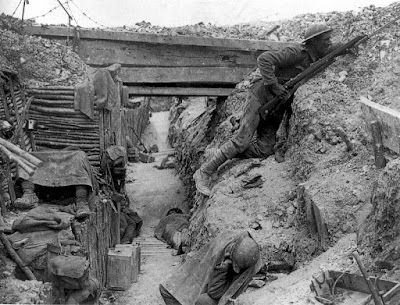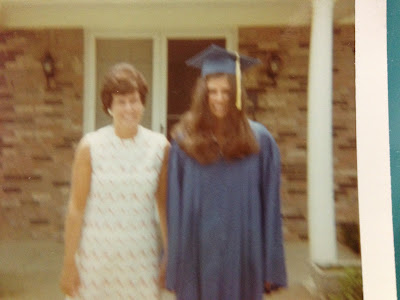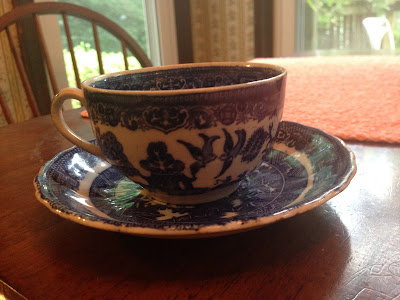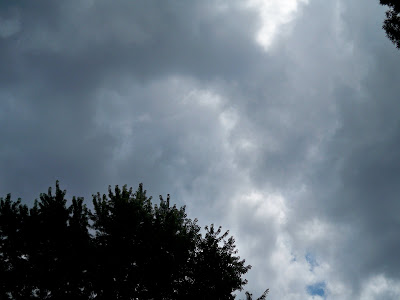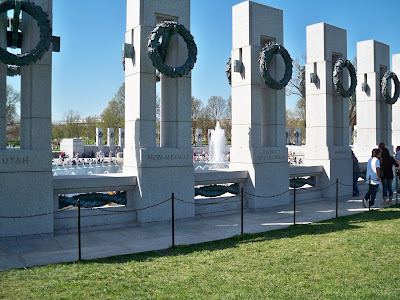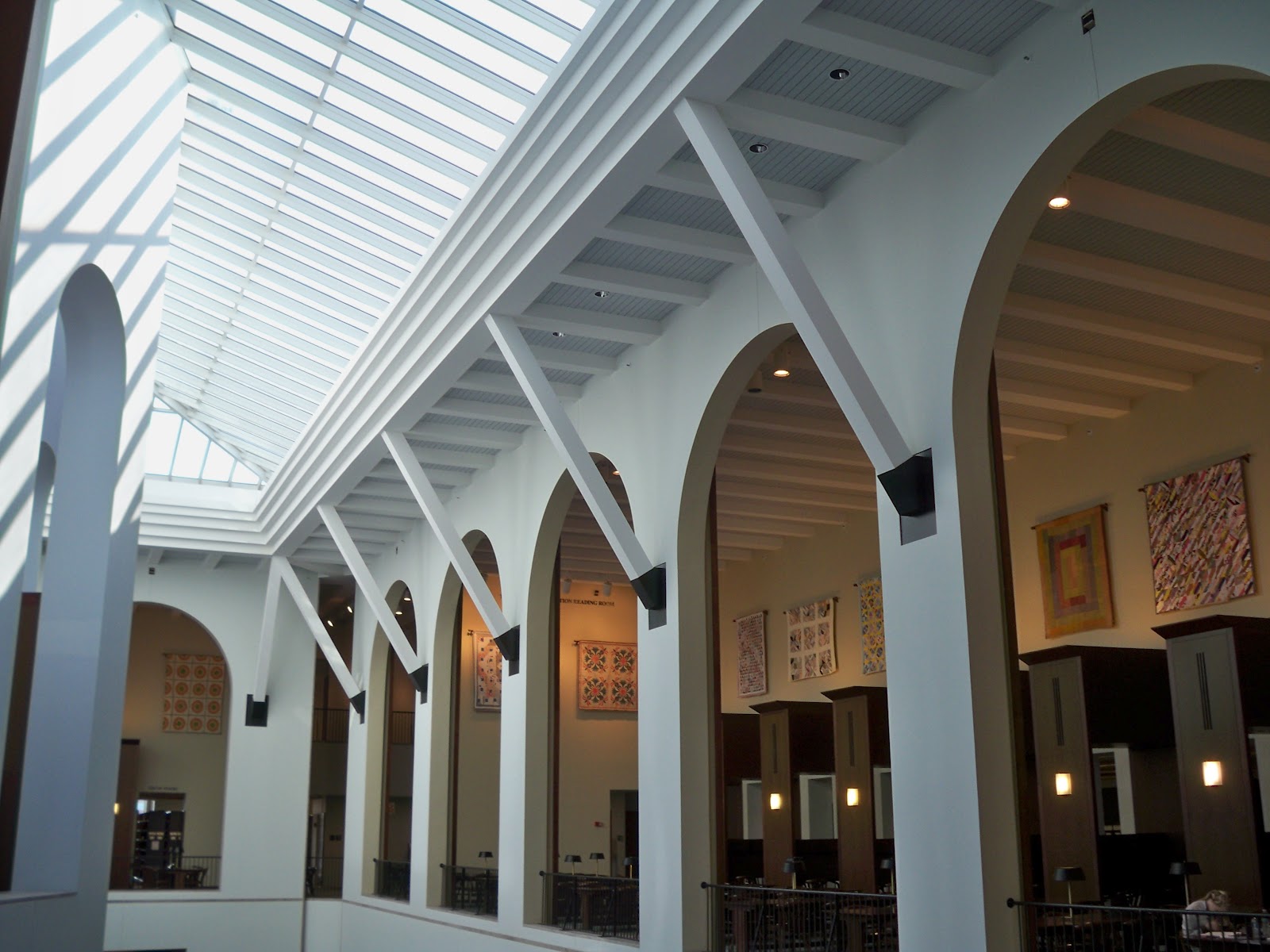The Boys in the Air
Today, as we celebrate the 75th anniversary of D-Day, I think not just of the boys who stormed the beaches but also of the boys who flew above them. One of them was my dad.
Frank Cassidy was 20 years old when he took the trip of a lifetime, courtesy of the U.S. government. It was an all-expenses voyage to and from what Dad called “Jolly Old” England. He was stationed at a base outside the village of Horham in East Anglia.
On June 6, 1944, Dad had just turned 21. He had become adept at crawling into the tail-gunner’s seat of a B-17 bomber and firing the gun when necessary. That day, he and his crew would fly two missions, softening up enemy defenses, backing up the infantry, the men who were landing and dying on the beaches of Normandy.
Dad always insisted that what he did was nothing compared with them. “I don’t think the American people appreciate what some of those men did,” he told a newspaper reporter in 2009. “Those guys, they deserve all the honors.”
With all due respect, Dad, I disagree. I think you deserve the honors, too.
